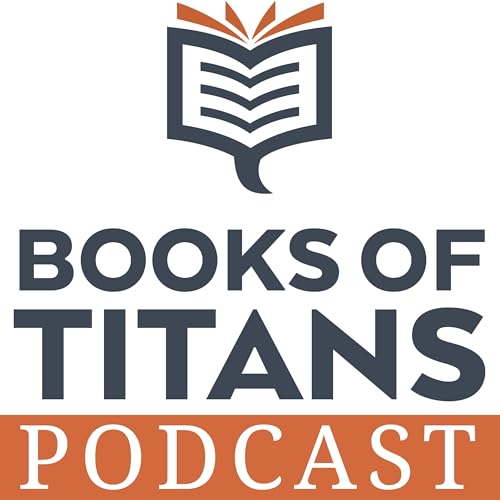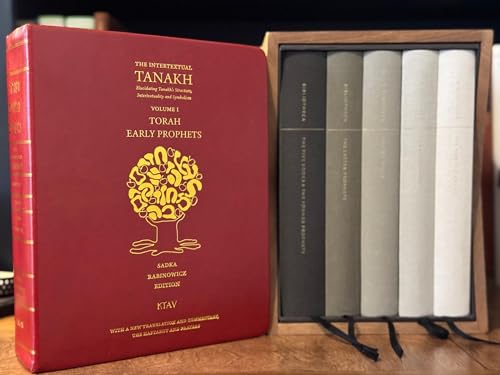READING YEAR THEME: GREEK PHILOSOPHY
I’ll be spending most of 2026 ploughing the depths of Plato and Aristotle. I divide eating reading year into semesters:
* Spring Semester - March - June
* Summer Break - July
* Fall Semester - August - November
* Winter Break - December
I start each year reading straight through the Bible during January & February. The versions I’m using this year are The Intertextual Tanakh (tah knock), Bibliotheca (The Latter Prophets, The Writings, The Apocrypha, and The New Testament)
Spring Semester Book List (Subject to Change)
I started Plato during Fall Semester last year. I’ll be continuing on, but am first taking a look at philosophers before Plato since he keeps referencing them. I’ll then return to the 20 or so dialogues of Plato that I have remaining within the Complete Works set.
* The First Philosophers: The Presocratics and the Sophists
* Early Greek Philosophy
* Heraclitus Fragments
* The Greek Sophists
* Plato: Complete Works
* The Republic / Bloom
* A Commentary on Plato’s Meno / Jacob Klein
* From Plato to Christ / Louis Markos
* The Cave and the Light / Arthur Herman
Summer Break
I’m going to dedicate the month of July to Gilgamesh. I love that epic so much and am going to read some of the books pictured above. I’ve been collecting anything I find about Gilgamesh and it’s time to read those books. If you know of other books related to Gilgamesh that I must read, please let me know in the comments below.
Fall Semester (Subject to Change)
If I finish reading Plato during the Spring Semester, I’ll begin reading Aristotle in the Fall Semester. Like Plato, I’m planing on reading the complete works of Aristotle. I realize that’s excessive and may change my tune, but why not. He’s one of the greatest philosophers of all time.
* The Complete Works of Aristotle Volume 1 / Hackett
* The Complete Works of Aristotle Volume 2 / Hackett
* From Aristotle to Christ / Louis Markos
Winter Break
I’m going to explore another area of interest during December - Trees! I know nothing about these strange things surrounding us outside and simply want to know more. I don’t have a list yet, so suggestions are welcome. There’s only one book so far that I keep seeing over and over again:
* The Hidden Life of Trees
Short Great Books Reading Group
I lead a reading group in Franklin, TN and this year we’ll be covering the following books, so I’ll be interspersing these books with the list above. More details here.
* A Good Man is Hard to Find by Flannery O’Connor - Jan 12
* The Overcoat by Nikolai Gogol - Feb 2
* Our Name is Dare by Kev Coleman - March 2
* One Day in the Life of Ivan Denisovich by Aleksandr Solzhenitsyn April 6
* Medea by Euripides - May 4
* Apology (Defense of Socrates) by Plato - June 1
* Till We Have Faces by C.S. Lewis - July 6
* Billy Budd by Herman Melville - August 3
* My Antonia by Willa Cather - September 7 (Labor Day)
* Candide by Voltaire - October 5
* Jason and the Golden Fleece by Apollonius - November 2
* The Nutcracker and the Mouse King by E.T.A. Hoffmann - December 7
This is a public episode. If you'd like to discuss this with other subscribers or get access to bonus episodes, visit www.booksoftitans.com/subscribe
 Feb 20 202614 m
Feb 20 202614 m Feb 17 202652 m
Feb 17 202652 m Feb 13 202620 m
Feb 13 202620 m Feb 6 202621 m
Feb 6 202621 m Jan 30 202626 m
Jan 30 202626 m Jan 23 202627 m
Jan 23 202627 m Jan 16 202622 m
Jan 16 202622 m Jan 9 202624 m
Jan 9 202624 m
